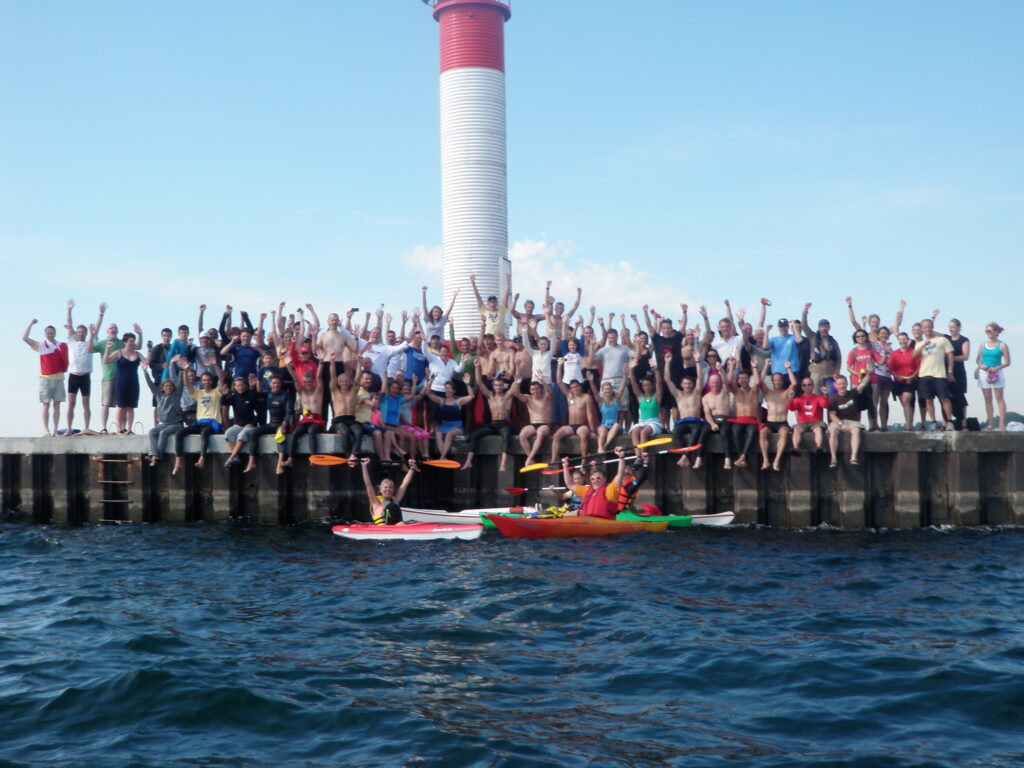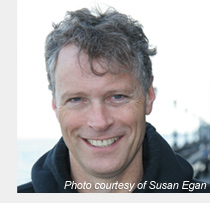Here is a good article from the NYC Swims group (that puts on the Manhattan Island Marathon Swim and other races) by my buddy Ned Denison (who actually helped guide me in the entry process for MIMS, which is very hard to get into!).
Ned uses a fair calculation to help quantify how much all of these races and swims rely on volunteers. Which reminds me to thank all the people helping me with my up-coming Lake O Crossing and training this summer… in advance! And, although I’m not asking for help just yet… when the ol’ LOST Race rolls around, it’s a good way to give back to sports… whether you are a swimmer, triathlete, runner, whatever… paying it forward is not an exact science (although I do like Ned’s calculations), but it is true that none of these events work without volunteers and it is just good karma to “pay it forward”… and not a bad idea to be reminded of it once in a while! 🙂
PS. Ned is too modest… he is one of the biggest leaders and organizers and “hands on” guys in Irish Swimming.
Cheers,
Rob
PSS. I have to admit, part of the success of LOST Swimming is the fact that it is very down to earth and grass roots, and so many people are more than willing to chip in… because I sure couldn’t do all this myself!… so thanks.

Guest Editorial – Ned Denison Wants YOU to Volunteer
 In this, our special “Volunteering Spotlight” issue, we’re bringing you a call to arms from one of our very own volunteers, Ned Denison. Originally from Vermont, Ned has lived in Cork, Ireland, for the past 11 years and has become a leader in the worldwide open water swimming community through his efforts to build a strong training group in Ireland and beyond. With his vast knowledge of the sport and its practitioners, Ned also serves as a veteran member of our Manhattan Island Marathon Swim Application Committee, selecting the field while also advising would-be MIMS swimmers on the best ways to prepare for both the event and the application process.
In this, our special “Volunteering Spotlight” issue, we’re bringing you a call to arms from one of our very own volunteers, Ned Denison. Originally from Vermont, Ned has lived in Cork, Ireland, for the past 11 years and has become a leader in the worldwide open water swimming community through his efforts to build a strong training group in Ireland and beyond. With his vast knowledge of the sport and its practitioners, Ned also serves as a veteran member of our Manhattan Island Marathon Swim Application Committee, selecting the field while also advising would-be MIMS swimmers on the best ways to prepare for both the event and the application process.
Ned is a passionate guy who has a lot of great ideas for ways to improve open water swimming for everyone. In this excerpt from a recent article, Ned has taken the age-old issue of the imbalance between volunteers and swimmers and calculated exactly how much swimmers, including himself, “owe” the various people who help us achieve our goals. (Visit loneswimmer.com to see the full piece, including Ned’s calculations for what English Channel swimmers “owe”.) Please consider his heartfelt plea to “pay it forward” and assist other swimmers by volunteering in some events this summer. We’re all a part of an amazing community that will be even stronger if you help out.
Open water swimming is exploding with a massive increase in events together with swimmer interest and participation. This is fantastic, however, behind the scenes, the inadequate number of volunteers jeopardizes our sport’s future growth.
My biggest hope for the future of open water swimming involves a shift as we swimmers need to start volunteering in large numbers.
Invariably this statement is met with a bewildered, “What? But Ned, you don’t understand. I’m involved in the sport to swim and have fun with my mates. I didn’t get involved to kayak, take times, crew a safety boat, or spend hours before the event finding boats and kayakers or taking registrations. Surely the entry fee I pay for each swim must cover all the costs? I assumed that all the worker bees were getting paid big bucks to support my passion.”
While there are a few commercial events out there, 99% of all the open water events in the world are staffed by volunteers. We don’t get paid and many of us pay our own travel expenses, buy our own food, and foot the bill for the overnight lodging that often is required when a swimmer needs support on a travel swim. Many of the volunteers also typically raise money for a charity or fulfill a civic or familial duty.
To illustrate what I mean, I’ve calculated how much it costs in volunteer support for a swimmer to complete an event. Consider how many volunteer hours you took advantage of to reach your goal. The phrase “took advantage of” is a horrible expression, but bear with me for a moment.
Your 2k races where you have 1/20th of a two-person safety boat crew and the five event volunteers on the day plus the 80 hours it took before the event to get it all organized — that all works out to about 24 person hours for you to pay back.
This doesn’t count your swimming buddies who took turns to swim at your speed to help you practice. Also consider the sacrifices your partner made as he or she covered extra duties at home and with the kids. You need to work out how to pay that back yourself.
The numbers don’t lie. We swimmers know — deep down — that lots of people are involved so we can have our event. For the vast majority of swimmers, you are not paying back at the level you should be to make it balance.
For example, I am just back from the Rottnest Swim in Australia where I dug my own volunteer disparity-hole event deeper. My friend Jennifer Hurley and her family collected me at the airport and looked after me. They are friends, but still, it takes time, so let’s call it 40 person hours.
Then there is Clive, my kayaker, who paddled in two training swims and discussed my swim plan over coffee with me, so we’ll call that eight person hours.
Clive then drove two hours to get to the location, stayed overnight, launched at 4:45am and paddled 5.5 hours (we’ll forgive the time we took to have a pint after the race), then traveled back on the ferry to get home, for a total of 12 additional person hours.
Mike piloted the boat and Barb joined me in a training swim and then crewed, that’s another 30 person hours. Then finally the Rottnest team of 100 strong put in (at a guess, and probably a low one) 10,000 organization hours. Thankfully, I can divide this huge sum of time by the 2,500 swimmers who participated! That’s four person hours per swimmer.
So, my Rottnest swim has set me back another 94 person hours. This gets added to the debt from the previous 30 long swims and 200+ short swims I’ve done over the years. I’m 54 years old, so I’m not sure I have enough time left to pay it all back.
But we have to try. My call to action is to change the dynamic:
- Accept that you owe. Think about how to pay it forward.
- Start volunteering. Try missing one swim in 10 to volunteer instead of swim.
- Learn to kayak (nice cross training!).
Get certified for swimmer support at one of NYC Swim’s Paddler Clinics.
Kayak for another swimmer. - Start now.